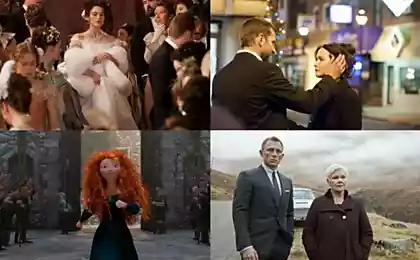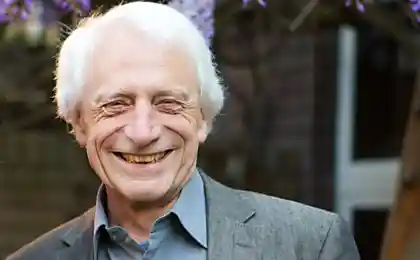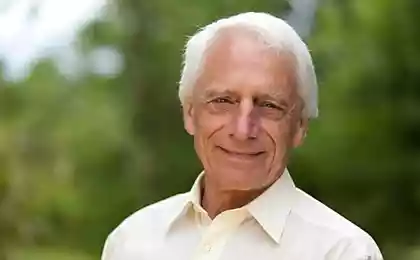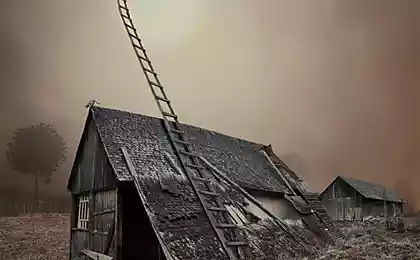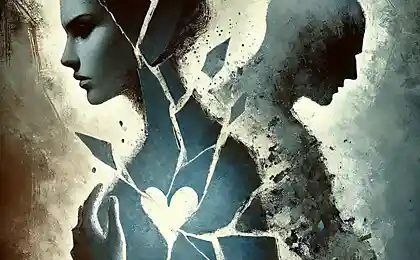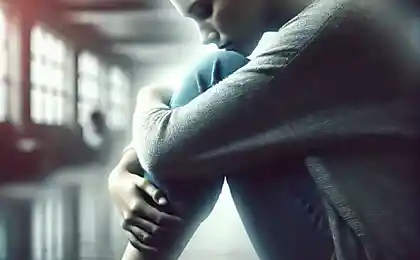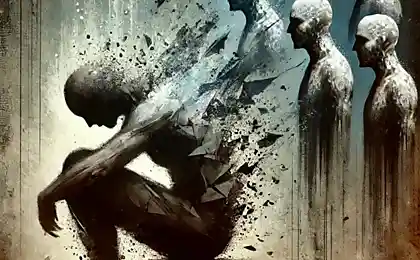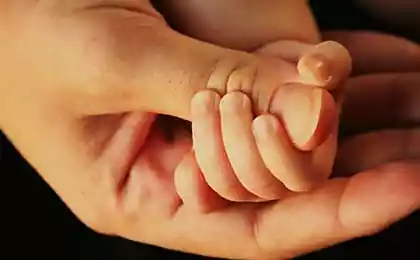185
Trauma: Best friend and worst enemy in one person

I say “trauma,” although I do not mean it as an event, but its consequences. Various injuries happen to a person throughout his life from the very beginning, the long-term consequences of the injury occur if there are two conditions:
1. To digest the trauma for the psyche was an impossible task.
2. No one has helped the person/child with it.
Children can go through very difficult things if there is an adult nearby who will provide help and psychological support. However, many children live in families where violence and neglect prevail, and in such families the impact and consequences of violence and neglect are either ignored or greatly diminished.
Legacy trauma, its consequences include the following:
1. The shock of what happened. Destroying a picture of the world where the world is a good, safe, prosperous place where justice reigns.
2. Feeling helpless and powerless to protect yourself.
3. A feeling of total, crushing loneliness.
4. A new self-image that builds on trauma and answers the question, “Why did this happen to me?” The answer to this question is: “Because you are bad, ugly, unworthy, useless and worthless.”
5. New rules of life, which are formed on the basis of traumatic experience and answer the question "How to live so that the trauma does not recur." Usually, the rules include such items as “Avoid intimacy”, “Do not show your emotions”, “Slow down and do not attract attention to yourself”, “Hide from people and life”.
The last point is the action of the defense mechanism. The Guardian himself (by Kalshed). The main task of this mechanism is to protect people. In that sense, he acts like a best friend. She tries to give him a sense of control in the chaos, convincing him it's all about him. He is bad, so they did terrible things to him, so you have to become good, and then the terrible will not happen again. She tries to protect him from pain in the future, prompting him to avoid close relationships, because it is loved ones who abandon, rape, ignore, there will be no close relationships - there will never be pain again.
Unfortunately, both the conclusions about oneself drawn from trauma and the new rules of life contain fatal logical errors, and as a result, in the long run, lead to the opposite effect: the more a person relies on these rules, the more often he finds himself in the situation he is trying to avoid. If he is afraid that he will be abandoned again, he behaves and chooses such partners, which in the end is abandoned. If he has been physically abused, he will again and again find himself in a situation of violence, following rules that essentially try to save him from violence.
Why don't the rules work? Because:
1. They are created taking into account the knowledge about the world and life that the child had at that time. That is, these are rules derived by an infant, a two-year-old, a preschooler, and you can not build your adult life on their basis.
2. They are based on false premises. The injury was not because the child was bad or unworthy. It could have been anything, it would have happened anyway. It is not intimacy itself that brings pain, but intimacy with dangerous and unreliable people. And so on.
3. They are derived on the basis of relationships with specific people at a particular time, and then transferred to the whole world and all people without exception.
Indeed, a drunken father or a mad mother should be kept away as quickly as possible and never show them their feelings, because that is all a child can do. An adult can do much more to protect himself, but by continuing to hide from everyone, by continuing to hide his feelings and isolate himself from the world, he finds himself not safe but alone, without help or support.
Traumatized people very often isolate themselves from everyone, do not maintain contact with people, run away from those who try to be friends with them and love them. They often say they prefer solitude when they don’t really want loneliness. They want to avoid pain. But isolated from the world and refusing relationships, help and support, and feeling connected to people and the world, they live in a state of chronic pain of loneliness and helplessness. That is, exactly what they would like to avoid.
So the trauma that tries to be the best friend becomes the worst enemy. It cuts off a person’s path to healing, shutting him off from relationships with people, contact with the world, and giving his wounded part enough love and support to heal him. She, the wounded part, remains a prisoner inside, living there without light or heat, without access to help. As much as a person wants to be healed, as much as he fears the recurrence of pain, and as much as he tries to avoid pain, he continues to fall into situations where he experiences it again and again.
It's scary, because it's like you're shooting off the enemy and all the bullets are flying into your heart.
In my experience, every traumatist believes his or her trauma more than he or she believes anyone else. He doesn’t believe other people, he doesn’t believe himself, he doesn’t even believe God—but he firmly, religiously believes trauma. To such an extent that he is literally ready to die, to lay down his whole life in order to remain true to his trauma, to his beliefs ("I am bad and unworthy") and to his rules of life ("no one can be trusted, there are enemies around"). He is so faithful to these postulates that he can create enemies and prove his unworthiness literally out of thin air.
There are moments when he has a little clearness in his head and soul, and he understands that it is impossible to live like this, that he drives himself into the coffin and deprives himself of the opportunity to build a good, safe life in which there is everything necessary. Very often, traumatists know well what is happening to them, they understand the cause-and-effect relationship with their heads and see what they are doing wrong on a purely intellectual level. They may know everything about their trauma. Unfortunately, one understanding is not enough. Trauma is an experience, and the legacy of trauma is something that has grown out of experience. The legacy of experience can only be healed by new experiences, lived in detail and felt many, many, many times.
Those who have tried to save traumatists and warm them up with their love know very well that you can love them as much as anyone ever did, you can take care of them and support them for years. Only that will almost never change anything. He will continue to feel abandoned and unloved and believe that there are enemies around. All the love given to him, all the warmth will fly away like into a black hole, into a bottomless well, even without touching his pain or comforting her.
One cannot save one who does not decide to save himself and be saved. A man can only save himself; others can only help him in this way and support him, but they cannot do his work for him. He is the only one who can do this inner work and go through this path of healing, step by step.
People usually ask two questions:
1. How do you help the trauma?
I would say that the best way to help him is to go to therapy. You're not just in this relationship. In them, it is very easy to convince yourself that the sick and broken is him, and the normal and strong is you who are saving him. In fact, you probably have the same problems. So, starting to work on your own, you can inspire him to heal by your example, by your strengthening healthy part of the personality. It's the best thing you can do for him.
2. How do you heal your trauma?
I don’t know any other methods besides therapy. Almost all injuries occur in the context of relationships, so they can only be healed by relationships, which is what happens in therapy, within the therapeutic framework. Ordinary human, hardly. As I said above, a couple of traumatists usually get the same traumatist, and one blind person lost in the forest will not take another blind person out of the forest. They can only wander together and get lost even more. In addition, working with a traumatic is hard, exhausting work. It should be left to specialists.
3. Why even heal?
Ask yourself, what is most important to you? All your life, the most important thing was to avoid pain, you used to be your main motivation. But behind it, beneath it, deep down, that's not what you want. You want your injured part to feel better so it doesn't feel so sick and lonely. Then ask yourself, how much support and love did she get while you were living with your trauma and not trying to heal it? Do you want that to always be the case? Is it worth the opportunity to give your wounded part the long-awaited warmth and care that you will have to take for the sake of healing?
In my opinion, it is worth it. published
Source: transurfer.livejournal.com/243630.html


